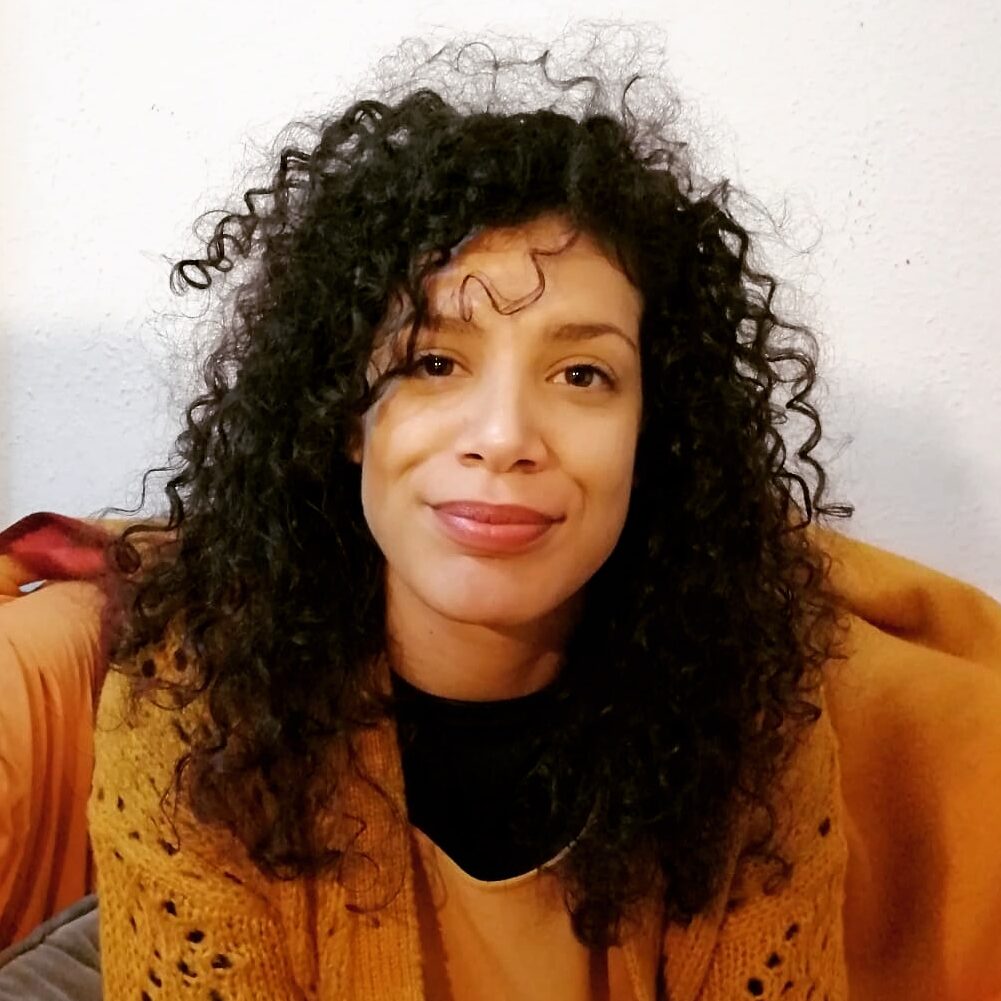| CANAL CES |
| PODCAST |
| TEMAS |
| PESSOAS |
|
Interview by: Gaia Giuliani Este podcast faz parte da série de 28 podcasts realizados sobre o caso português e italiano no âmbito do projeto de investigação de 36 meses (2018-2021) (De)Othering: Desconstruindo o Risco e a Alteridade: guiões hegemónicos e contra-narrativas sobre migrantes/refugiados e “Outros internos” nas paisagens mediáticas em Portugal e na Europa, que pretendeu analisar criticamente representações mediáticas de migrantes, refugiados e “outros internos” em Portugal e na Europa, mapeando as suas interconexões com narrativas produzidas no domínio da segurança e no quadro da Guerra ao Terrorismo. O seu foco, uma análise de Portugal à luz de estudos de caso europeus profundamente afetados por ameaças terroristas (Reino Unido e França) e por fluxos migratórios/de refugiados (Itália e Alemanha), pretende investigar a construção de narrativas transnacionais de risco que permeiam a Europa independentemente da sua exposição “diferenciada”. O projeto foi financiado pelo pelo FEDER – Fundo Europeu de Desenvolvimento Regional através do COMPETE 2020 – Programa Operacional Competitividade e Internacionalização (POCI) e por fundos nacionais através da FCT – Fundação para a Ciência e a Tecnologia (Referencia Projeto: POCI-01-0145-FEDER-029997)
----- English Version
The project was funded by FEDER – European Regional Development Fund through the COMPETE 2020 – Operational Programme for Competitiveness and Internationalisation (POCI), and by Portuguese funds through FCT in the framework of the project 029997 (Reference: POCI-01-0145-FEDER-029997).
Summary of the podcast In this episode, she discusses problems and implications connected with the media coverage of migration, underlying how important legacies and cultural frames today shape the visual information market, which has its own criteria for message recognition. Regardless of whether they are described as invaders or victims, migrants’ individuality is constantly erased through a process of dehumanization. Even NGOs collect pathos, empathy and funds by leveraging people’s desire to feel like saviors. Not only is there no interest to understand the context of migration that brought migrants to Italy, but also people who have lived in the country for years are always spoken of in terms of redemption from a past of existential misfortune. The functioning of the migrants’ reception system is unknown to the general public: its role as a support network that employs Italian humanists is disregarded, while the famous idea of the welfare cakewalk serves to manipulate and create social tension. Tesfaù highlights the lack of information to dismantle these narratives, as the voice of migrants is absent while sympathetic ones are stigmatized. Indeed, white solidarity is criminalized and dismissed to privatize and depoliticize people’s political positions. In this context, examples such as Cédric Herrou, a French farmer who helped hundreds of migrants cross into France from Italy, and of “no border” movements are emblematic, as they transformed the modalities of political engagement through direct social action. Tesfaù addresses different issues and discursive strategies that limit productive discussions on migration, missing demographic data on migrants’ countries of origin to the causes of migration. Instead, nurturing rhetorical ploys of parties such as 5Stelle, which have supported the xenophobic and securitarian vision of the Lega by shifting attention to other colonial powers. Within this framework, Tesfaù illustrates the work carried out by associations and public figures through the diffusion of images that depict coexistence with the locals and migrants and refugees’ “normal life”, which challenge negative stereotypes produced within mainstream frames. Even when it comes to the self-representation of people with migrant backgrounds, she underlines the growing number of informal and formal realities that fuel a network of activists, artists, influencers who bring forward a different idea of Italianness – such as the Italian-American singer Loretta Grace. However, the activism of non-white people remains rather unknown to the mainstream world. Apart from the exception of the “Sardine nere”, other groups such as the “Italiani senza cittadinanza” (Italians without citizenship) and other migrant movements have not received media coverage; this is not trivial disinterest, but rather a responsible silence. pessoas
ligações
|





 Bio of the speaker
Bio of the speaker